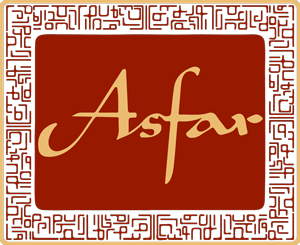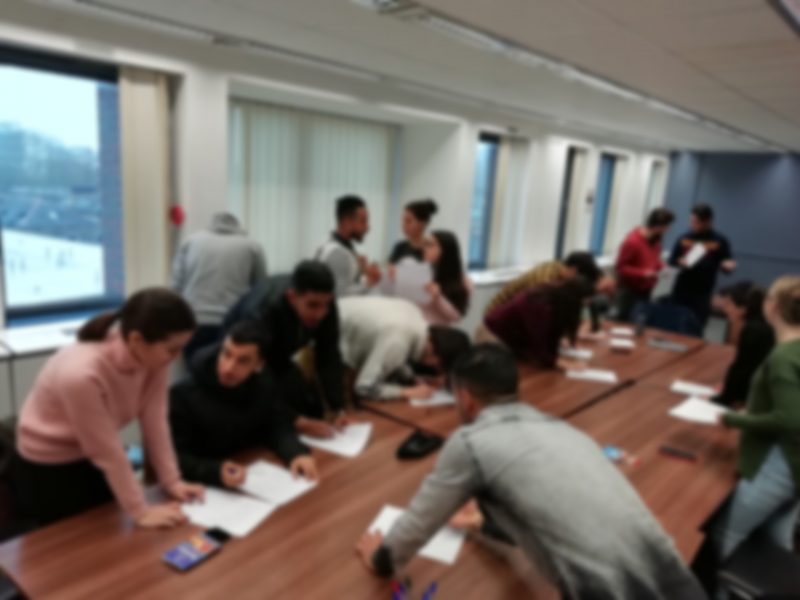Dear Reader,
This time we are paying tribute.
I have heard people say that explaining Brexit using the example of Erasmus+ is a strange thing to do. And it may indeed be so, but my friend’s sister would probably disagree. OK, maybe this is not how she explains Brexit, but this is at least one way to explain the many life-changing experiences she has had a chance to undergo: a semester abroad to improve her language skills; an opportunity to gain professional experience as a Teaching Assistant in a foreign country; and, hopefully, the next step this autumn, a Master’s degree abroad alongside innumerable avenues to develop life skills, cultural sensitivity, and empathy.
This publication is about neither Brexit nor the Erasmus+ programme[1]. It is about opportunities, lost and gained, and it is very much about hope, a commodity in high demand. The Asfar Editorial Team have always welcomed a wide spectrum of views, and we will continue to do so; yet we also hold views. We consider the United Kingdom of Great Britain’s withdrawal from Erasmus+ a loss which, directly or not, affects a lot of us, probably too many. And this is exactly why we are travelling beyond Erasmus, both in time and space: to salute knowledge exchange in any shape and form; to acknowledge the chances we have missed to learn from each other; and, most importantly, to celebrate and to capitalise on the opportunities available to us. Some of these are more challenges than chances; and this is exactly where hope comes in. Call it idealism, but a lot of us just do not know how to quit. Now is the time to work smarter than ever to make knowledge sharing not just a possibility but a lifestyle, and if it means starting with writing an article, so be it.
Our contributors discuss poetry in Bosnia and Herzegovina in the 19th century and contemporary school education, or what remains of it, in Yemen to remind us that communal conflict can easily jeopardise the process of learning, whether learning how to peacefully co-exist with the other or how to do basic Maths. Equally, we investigate how cultural exchange can not just take place but result in something beautiful alongside, or despite, conflict and suffering by spotlighting the tradition of ‘rebetiko’ in Greece. It is, however, of crucial importance to recognise the instances of hesitancy to engage with the other, and this is exactly what we explore in the article on Gulf tourism and business in Bosnia and Herzegovina. Our publication goes on to showcase some unexpected encounters in the Caucasus through photography, both when the sky was the limit for avid travellers and when the COVID-19 pandemic hit. We also examine how sharing experiences through art may be not just about developing a new skill or acquiring knowledge; very often, it is about discovering oneself. But we start from the beginning: we ask ourselves why we ‘do’ knowledge exchange, and we hope you join this continuing conversation.
With warm wishes,
Angelina Avricevic
Asfar e-Journal Senior Editor
[1] The programme offers much more than just study abroad at the Bachelor’s degree level. You can find more information here. You may also be interested in the European Solidarity Corps project.

